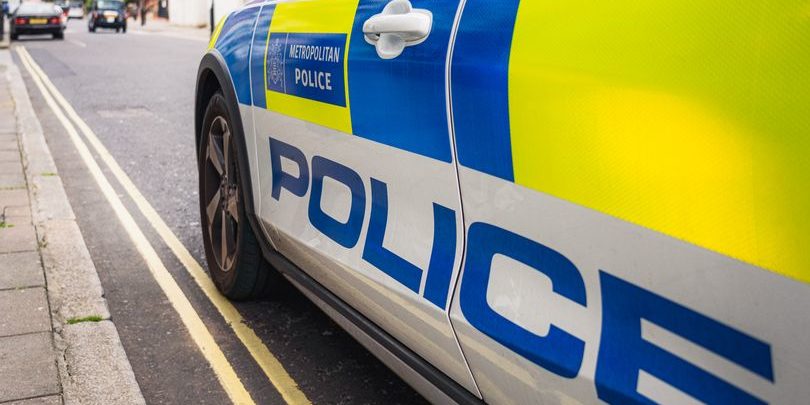Targeting the 1,000 most dangerous predatory men in London to stop them committing crimes against women and children will be the “big prize” for the Met this year, Sir Mark Rowley said as he vowed to bring more rapists and sex offenders to justice.
The Met Commissioner said he wanted to use the “best science available” to identify and then pursue the men to achieve the “proactive protection of women and children” from sex attacks, harassment and other forms of abuse.
He added that his force was already engaged in trying to pinpoint “the top hundred and the top thousand ” most dangerous and that he was determined that it would make more progress in achieving its task over the coming year.
Sir Mark’s decision to prioritise improving women’s safety follows the series of scandals, including the kidnap, rape and murder of Sarah Everard by a serving Met officer and other cases exposing misogyny in the force, that have dented public confidence in policing in the capital.
He told the Standard shortly after taking over as Commissioner last September that he planned to repair the damage by using counter-terrorism type tactics to target predatory men before they strike and gave a new indication of his intentions in fresh remarks to this newspaper at Ealing police station.
”I expect us to keep increasing the number of rapists and other serious sexual offenders we are prosecuting,” he said when asked about his ambitions for the next year.
“But that’s reacting to crimes that have happened. I also expect us to have made progress on identifying the top hundred and the top thousand of the tens of thousands of predatory men so that we can proactively go after them and disrupt them before they commit any other offences.
“So it’s the proactive protection of women and children that’s the big prize I’m going after this year.”
The Met said that 153 rape suspects had been arrested during Sir Mark’s first 100 days as Commissioner and that a continuing purge of sex offenders will focus on uncovering evidence, including perpetrators’ patterns of behaviour, that can help to secure convictions, rather than concentrating on complainants’ accounts.
Sir Mark added: “There are tens of thousands of men in London who in the past few years have been involved in domestic abuse, rape, harassment, paedophilia, what we’re going to do is to look at those tens of thousands, assess who are the most dangerous using the best science available, and then go after them to do the best job possible we can to protect the women and children of London. “
As well as the killing of Sarah Everard in March 2021, other horrific crimes including the murders of primary teacher Sabina Nessa in Kidbrooke in September the same year and law graduate Zara Aleena in Ilford in June last year, have highlighted the problem of violence against women in the capital. All three women were killed by strangers after being targeted on the streets. Other women have lost their lives in attacks by men known to them in homicides linked to domestic abuse.
The most recent death was that of 39-year-old Stephanie Hansen who was found dead with stab wounds in a home in Hayes on New Year’s Eve. A man, Sheldon Rodrigues, 29, was appearing in court on Tuesday charged with her murder.
Another man, Mark Moodie, 54, was also appearing in court charged with the murder of 24-year-old Maureen Gitau from Lewisham. She went missing on December 5 after last being seen in Deptford and is believed by police to have been killed although her body has not been found.
Sir Mark, a Cambridge maths graduate, has made clear since taking over at Scotland Yard that he believes a better use of data can help police focus their efforts more effectively and is due to spell out more details of his approach in a speech next week on the use of technology and science to fight crime.
He has also promised to root out misogyny within his force in an attempt to repair the damage inflicted by scandals including the racist and misogynistic conduct of some officers at Charing Cross police station and the posting on WhatsApp by two officers of photos they had taken of Wembley murder victims Bibaa Henry and Nicole Smallman.







